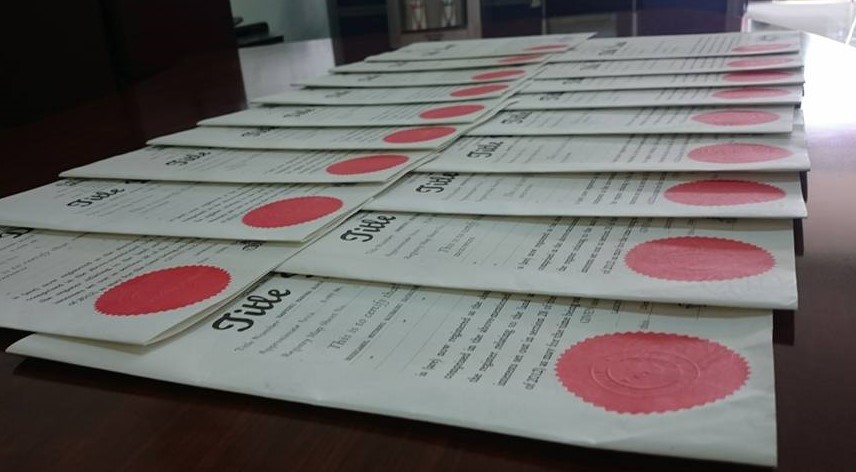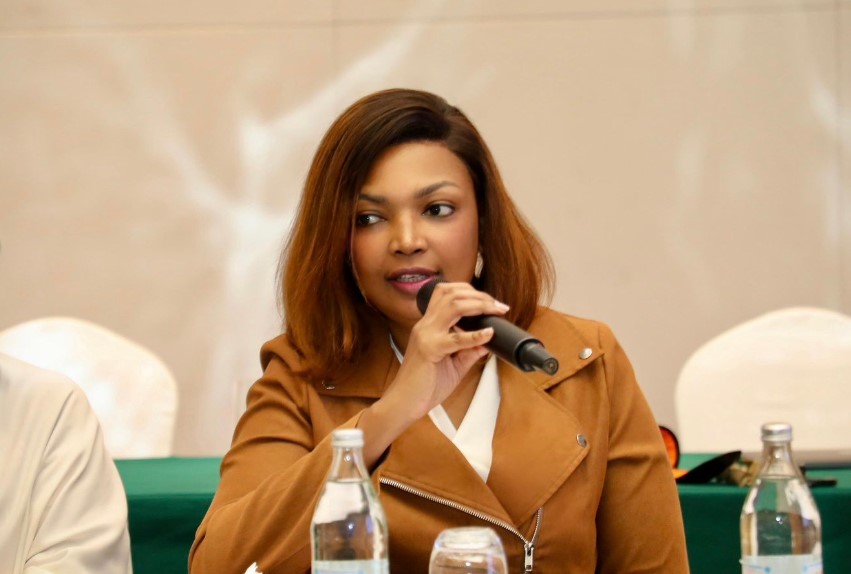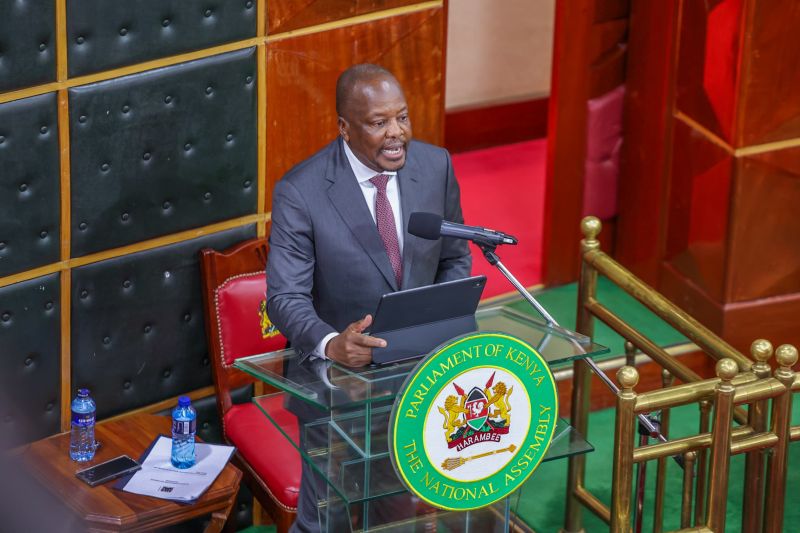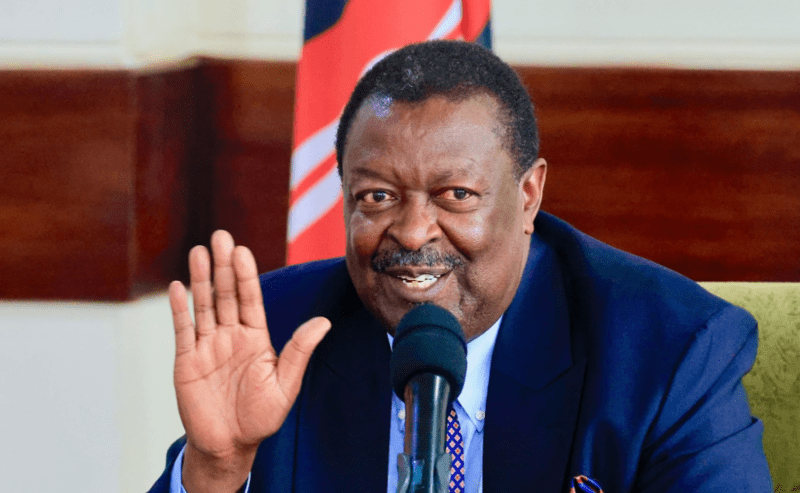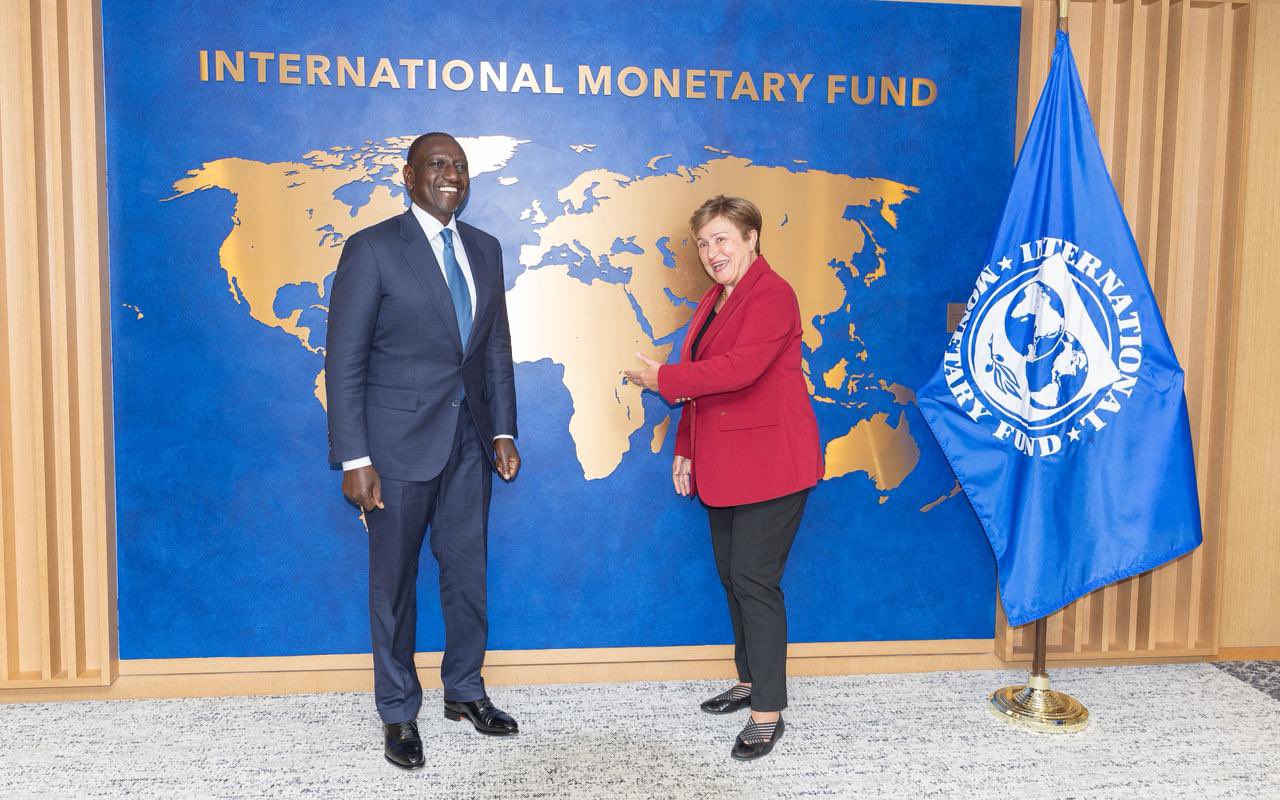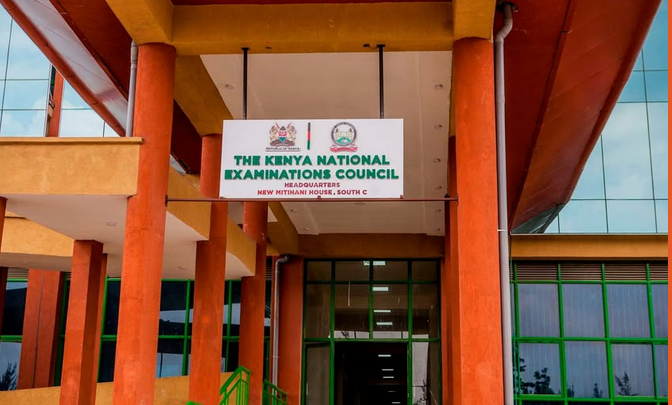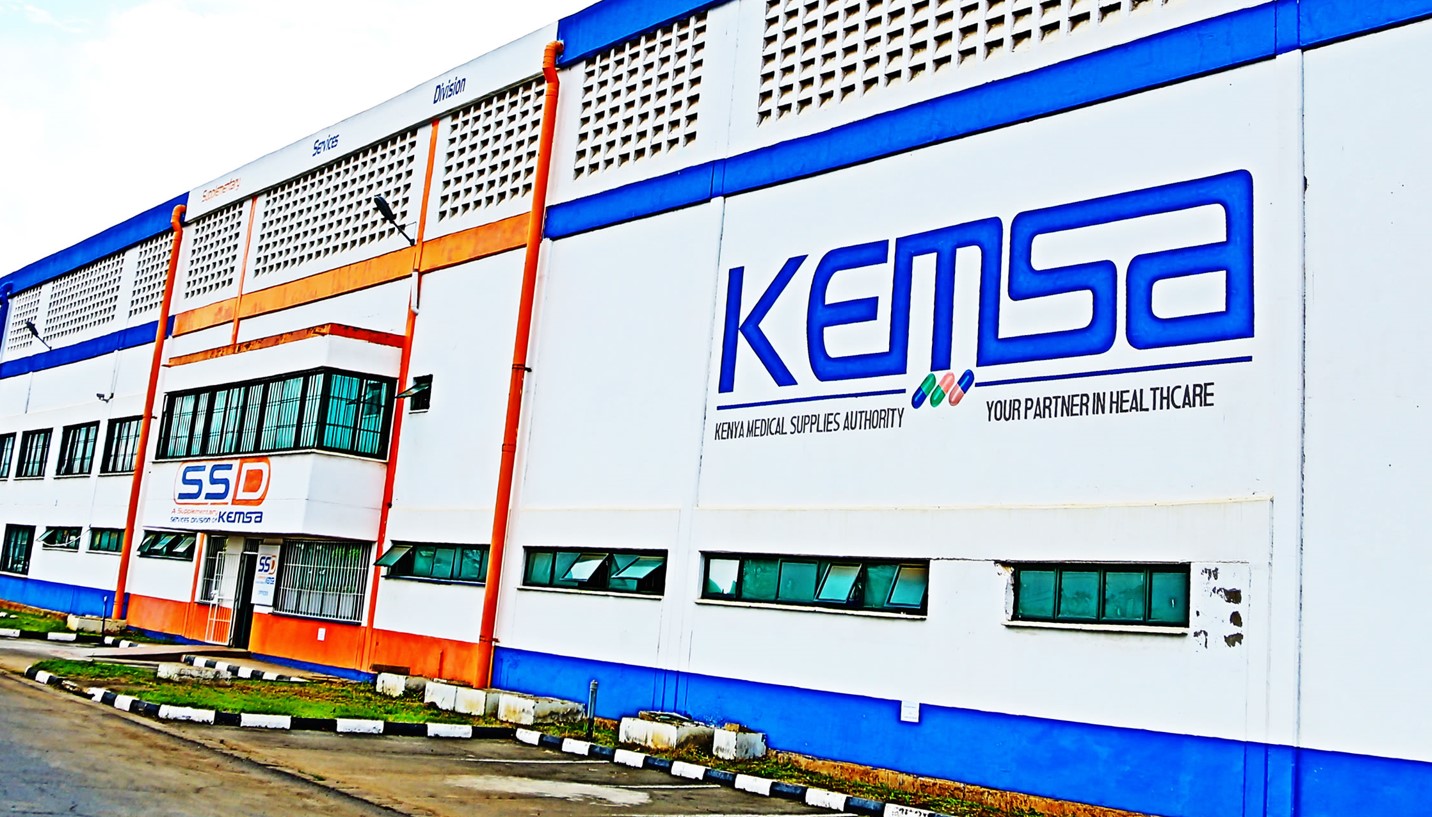DR Congo: Little hope for robust truce with M23 rebel group

The recent truce between the Congolese government and the M23 rebel group — along with an earlier DRC-Rwanda peace deal — was expected to usher in new era of regional stability. Yet even the signatories show little hope.
The US, UN and the African Union (AU) were among the first to welcome the July 19 truce between the Democratic Republic of Congo and the M23 rebel group, which had been championed by the US and Qatar.
The Doha Declaration of Principles, building on a peace deal Congo and Rwanda signed in Washington on June 27, was meant to serve as another "meaningful step toward advancing lasting peace and stability in the Great Lakes region," according to the US Department of State.
More To Read
- OPINION: Before pointing at Rwanda, Belgium must finally confront its own African history
- How AI and robotics are improving underground mine safety in Rwanda
- Somalia on high alert as Marburg virus outbreak hits neighbouring Ethiopia
- Rwanda Cabinet approves reforms on transport, currency, climate
- Wave of coups in Africa: What President Paul Kagame thinks
- DR Congo, Rwanda leaders to sign peace deal in US
Is the DRC a no-go zone?
Just one day after the signing in Doha, the US updated its security advisory for Congo and especially its capital, Kinshasa, advising US nationals in the country to "exercise increased awareness, avoid large gatherings, and monitor local news and security updates."
The list of recommended actions includes the provision of "enough food and water should you need to stay home for several days" and having "essential items (clothing, medications, travel documents) packed in a bag that you can carry."
The advisory resembles the kind of advice US authorities issue to residents to prepare for major natural disasters.
Reagan Miviri, a conflict analyst and lawyer working with the Congo Research Group in Kinshasa — an independent, nonprofit research project — understands the importance of the US State Department's latest travel advisory.
"The crisis in eastern Congo is also visible in Kinshasa in some ways," she told DW. "Actors in the US [who] are worried about what could happen in Kinshasa … probably know much more than we do, so perhaps they have other information we don't have."
According to Lidewyde Berckmoes, an associate professor and senior researcher at the African Studies Centre Leiden in the Netherlands, many parts of Congo still remain under the control of the M23, which is unlikely to change despite this deal.
"This region has seen many violent rebel movements, which have been there since the 1990s. There are many places where there's a lot of tension, and where authority is contested," Berkmoes, whose work is focused on Africa's Great Lakes region, told DW.
M23 expansion course continues
On the ground, the reality of a state of war effectively continues to dictate daily lives in various parts of the country, especially eastern Congo's North and South Kivu provinces. Mere days after the DRC-M23 truce was signed, fresh reports of M23 rebels seizing new ground surfaced.
According to UN-backed Radio Okapi in Congo, at least 19 civilians were killed by M23 fighters as part of that expansion, in particular around the village of Bukera.
This latest escalation is in clear breach of the Doha ceasefire deal, which calls on all sides in the conflict to stop efforts to expand their territorial gains, among various other stipulations.
A truce with an ambiguous message
Human rights activist Philemon Ruzinge believes the Doha deal will ultimately be of little consequence, despite whatever concessions Kinshasa may make to keep the peace.
"The agreement of principles is supposed to be … so important towards a lasting peace agreement," he told DW, adding that the ongoing actions of M23 rebels leave little hope for it to work in the long run.
According to Ruzinge, M23 leaders feel they can continue to enjoy free rein over northeastern Congo on account of the text of the agreement, "containing no withdrawal clause" and deliberately being worded in an ambiguous manner.
This view was only further solidified by the M23 itself, whose delegation leader at the signing in Doha, Benjamin Mbonimpa, reiterated that the group "will not retreat, not even by one meter."
"We will stay where we are," Mbonimpa said.
Rebels trying to leverage political control
Researcher Berckmoes believes Mbonimpa's attitude is indicative of the overall M23 position. "I don't think M23 will let themselves be sidelined. Rather, I expect that they are looking for ways to have an important say as part of the government."
Conflict analyst Miviri agrees, pointing out that "M23 are saying that they are not leaving." She added that this should be taken at face value. "M23 will do whatever it pleases."
That view is also shared by people in North Kivu province. Complaints by civil society groups about a lack of government intervention are mounting. In the province's beleaguered capital, Goma, democracy activist Justin Murutsi told DW: "The state has a security mandate for the population. But when there are killings like this and no word from the state, it shows that there's a serious institutional vacuum."
"The signing of the Declaration of Principles gives us a little hope, because it clearly shows that the government has accepted the rebels' demands and conditions," said Julien, a resident of the city who believes M23 will remain in control of large parts of the region.
Skepticism seems to outweigh hope
Political scientist Christian Moleka in Kinshasa wonders whether the parties in the conflict are interested in peace. "Do the various parties even have the will to achieve lasting peace?" he told DW. "Are the follow-up mechanisms really going to work better than in the past, to support the full implementation of these various provisions?"
Berckmoes had similar reservations, stressing there has been "a series of agreements in the past, which have not been upheld." She added that for a sustainable peace plan to succeed, various parties and factions all have to be included in all negotiations, not just M23 but "all 160 groups" vying for control. To that end, Berckmoes believes "there's still a long way to go."
Miviri took an even more sober stance: "Before speaking of a lasting peace agreement, it just has to first happen. And I'm not seeing it happen, even now."
Amid skepticism, criticism and the surge in violence since the Doha signing, there have also been a few hopeful voices — among them, the US senior adviser for Africa, Massad Boulos.
According to Congolese Interior Minister Jacquemain Shabani, significant progress has been made in recent weeks. He said he is convinced that, despite the ongoing volatile nature of the conflict, "we are close to peace." In the same statement, however, he stressed that "peace is a choice," which "requires work."
Top Stories Today
